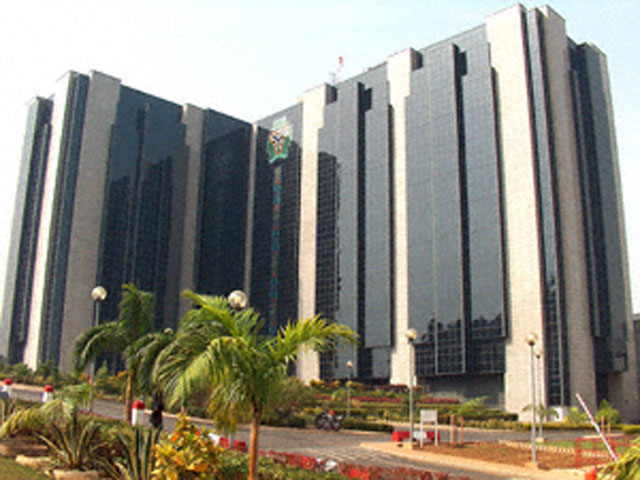The Central Bank of Nigeria has banned banks that adopted the holding company structure (Holdco) from lending to or placing funds with their subsidiaries.
This is to ring fence depositors’ funds from insider abuses, such as has led to the collapse of some banks and brought about their subsequent mergers and acquisition, in the recent past.
The Governor of the Central Bank, Sanusi Lamido Sanusi, made this statement at the sidelines of the 4th Annual Pan-Africa Investor Conference, organised by Renaissance Capital in Lagos yesterday, adding that a circular to that effect would soon be released.
He said, “We want to place a control, that if you place money with the subsidiary of your holdco, if it is not secured, we take that from your capital. If you lend money to the parent, we take it as a return on equity. So this idea that people can set up a bank, put in capital and then turn back and borrow it, well, it is capital and not deposit. So we are making it difficult for people to take deposit and trade with it.
“We basically regulate the banking industry, and you can’t say you have only three banks. If anything happens to First Bank, FCMB and Stanbic, would we have a banking system? First Bank alone, for example accounts for about 14 to 15 per cent of total assets. So you’ve got banks that are systematically important and are too big to fail and you have to put in control and restrictions.”
The CBN had in 2013, through the circular on the Scope of Banking Activities and Ancillary Matters, No 3, 2010 required the separation of commercial banking business from other financial services.
Consequently, banks were directed to divest from non-core banking businesses or adopt a holding company (Holdco) structure.
FirstBank, UBA, FCMB and Stanbic IBTC have so far adopted the Holdco structure. For instance, in compliance with the directive, FirstBank businesses were streamlined into commercial banking, investment banking, insurance and other financial services.
However, with the new law, FirstBank of Nigeria Limited will be barred from placing or lending funds to FBN Capital Limited, FBN Life Assurance Limited, FBN Insurance Brokers Limited and FBN Microfinance Bank, under the FBN Holdings (FBNH).
Sanusi added, “We are not saying that the banks are doing it, but we have to learn from what is happening in Europe. How did Lehman Brothers happen? How did RBS happen? How did Oceanic Bank, Intercontinental Bank go under? It was by taking depositors funds and taking risks that they should not take. Now, if you have provided a structure that says you can’t do these things under one roof, you have to separate the roof and make sure you put in controls.”
Meanwhile, Renaissance Capital and CitiBank, advisers in the sale of the three nationalised banks rescued by Asset Management Company of Nigeria (AMCON), are ready to present their recommendations on February 20. The banks: BankPHB, Sterling Bank and Afribank were nationalized by AMCON and bridge banks floated to run them pending their sale. The bridge banks are Keystone Bank for BankPHB, Enterprise Bank for Sterling Bank and Mainstreet Bank for Afribank. Renaissance Capital and Citibank were appointed as advisers on the sale of the banks last year.
According to a source who declined to disclose the findings, “On February 20, we will present our findings and recommendations to AMCON, but the details of our findings, I will not tell you for now.”
Further investigations showed that although the findings are damaging, they are revealing to the extent that the banks, Keystone, Mainstreet and Enterprise, will need some surgical operations to make them attractive to investors.
Apart from FirstRand, which has made known its intention to acquire one of them, some other local banks which failed in their acquisition bids about two years ago are making fresh bids.
Bismarck Rewane, chief executive officer, Financial Derivatives Company, in a presentation at a recent Lagos Business School Breakfast meeting, said “Bridge banks present opportunity for foreign banks to penetrate the market. FirstRand could acquire one or more bridge banks.

